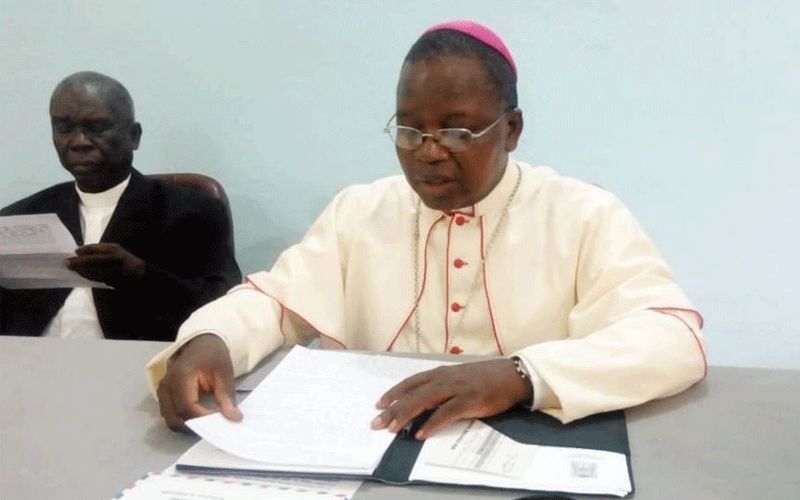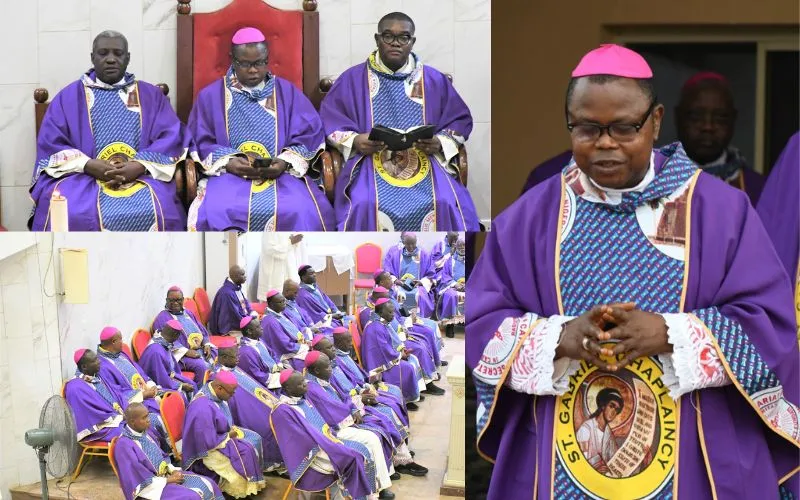Kisangani, 18 March, 2020 / 4:46 am (ACI Africa).
The rising cases of insecurity within the Ecclesiastical Province of Kisangani in the Democratic Republic of Congo (DRC) including “cases of aggression on Priests” is a major concern of Church leaders in the region of the Central African country, acts they have strongly condemned during their recent meeting of the Provincial Episcopal Assembly of Kisangani (ASSEPKIS).
“The Bishops deplored the persistence of insecurity in several areas of the Ecclesiastical Province in Ituri, in Tshopo, as well as in Haut-Uélé and Bas-Uélé,” reads a press statement signed by the Secretary of ASSEPKIS, Fr. Archangel Kampi, following the March 9-12 meeting.
According to the statement seen by ACI Africa, the Bishops decried several unfortunate events in the Ecclesiastical Province including “cases of aggression suffered by some priests in the Diocese of Bunia.”
Last week, Father Guy-Robert Mandro, Parish Priest of the Immaculate Heart Parish of Fataki in Bunia diocese was attacked by assailants armed with machetes and guns causing the cleric injuries and dismembered fingers.
The Diocese of Bunia is located in the north eastern region of DRC, an area that has been characterized with inter-ethnic conflict since the 2000s.








